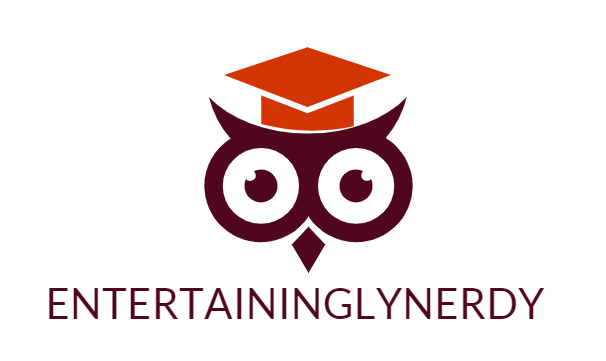We’re now more than 18 months into a global event that has upended education. Recently, we’ve been wondering if the learnings of the pandemic—the new tools for teaching, the new modes of working in schools, and even the new ways of thinking about education more broadly—will lead to lasting change. Will the pandemic be an inflection point?
New research hints at what may be coming: more than three quarters of teachers say they plan to change the way they teach as a result of the pandemic.
YouGov conducted a nationally representative survey of more than 1,000 teachers for Khan Academy between July 20 and August 12. The findings indicate that teachers intend to blend new tools picked up during the pandemic with their previous teaching practices.
More than three quarters of teachers say they plan to change the way they teach as a result of the pandemic.
The findings hold true across schools, regardless of poverty level.
The YouGov survey shows significant numbers of teachers are feeling more confident across other key areas, including:
- 58% are more confident trying out new ideas to engage students
- 56% are more confident collaborating with their colleagues
- 52% are more confident communicating with families
Additionally, more than a third of teachers report higher confidence about tackling the learning gaps that have arisen during the pandemic.
When asked about their use of technology, about half of teachers report higher confidence using technology to do each of the following:
- Increase student engagement (51%)
- Assess their students (50%)
- Give their students challenging work (50%)
To us, the survey findings are heartening. They’re an opportunity to put the learnings of the pandemic to good use. Teachers can reflect on the tools and tactics that engage students and help them learn new skills. Education leaders can talk to teachers in their local areas and ask which tools worked—and which didn’t. Parents, who in many cases were sitting alongside their students during learning disruptions, may have insights too. Once these tools and practices are identified, education leaders and teachers can begin the work of integrating them into classrooms.
There’s an old saying that one should never let a crisis go to waste.
The silver lining of this challenging time is that the nation’s teachers report feeling more confident across a broad range of meaningful areas that impact students. We believe that everyone in education—leaders, teachers, parents, and students—has a unique opportunity to use the learnings of the pandemic to reimagine the future.
Methodology: All figures, unless otherwise stated, are from YouGov Plc. Total sample size 1024 teachers. Fieldwork was undertaken between July 20 – August 9, 2021. The survey was carried out online. The figures have been weighted and are representative of US teachers (preschool through 12th grade).
For more information, please contact [email protected].


